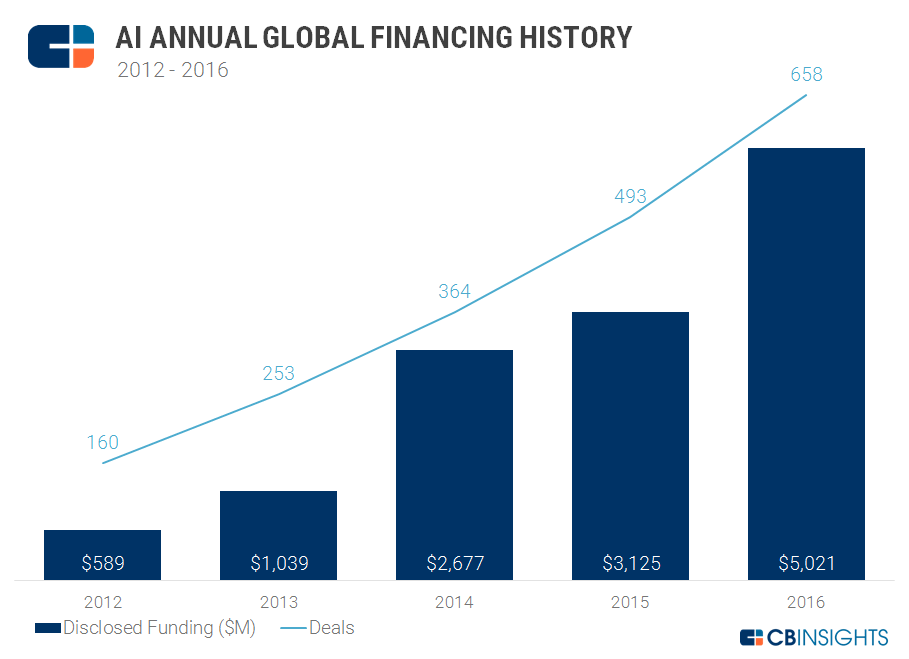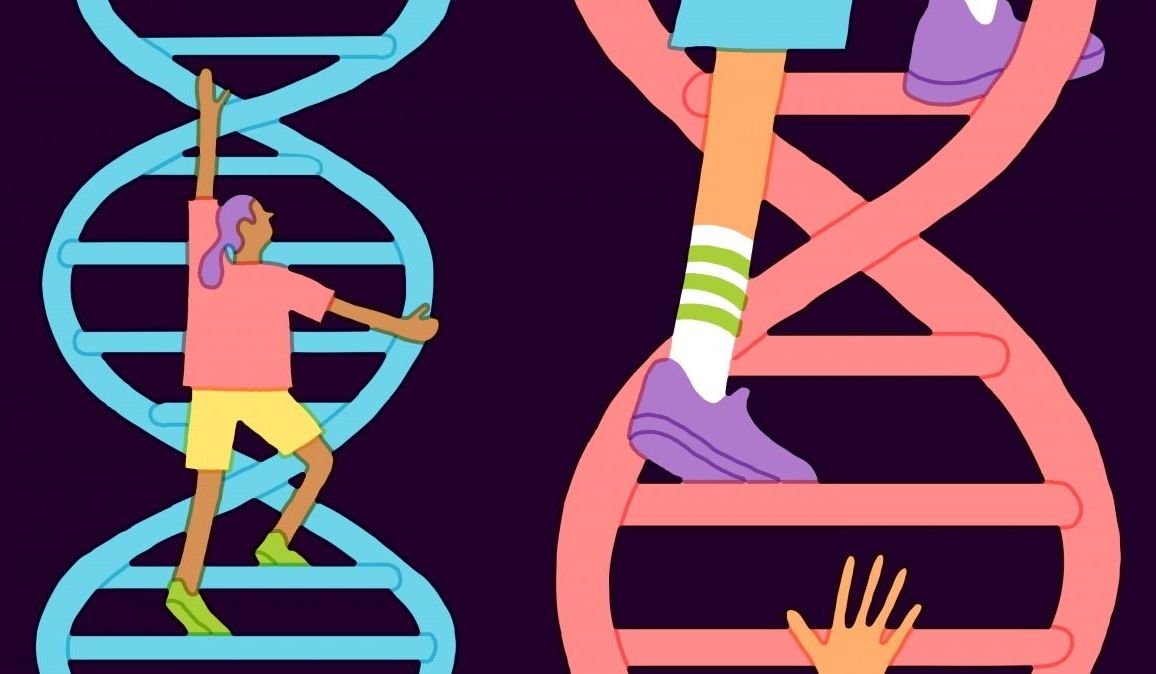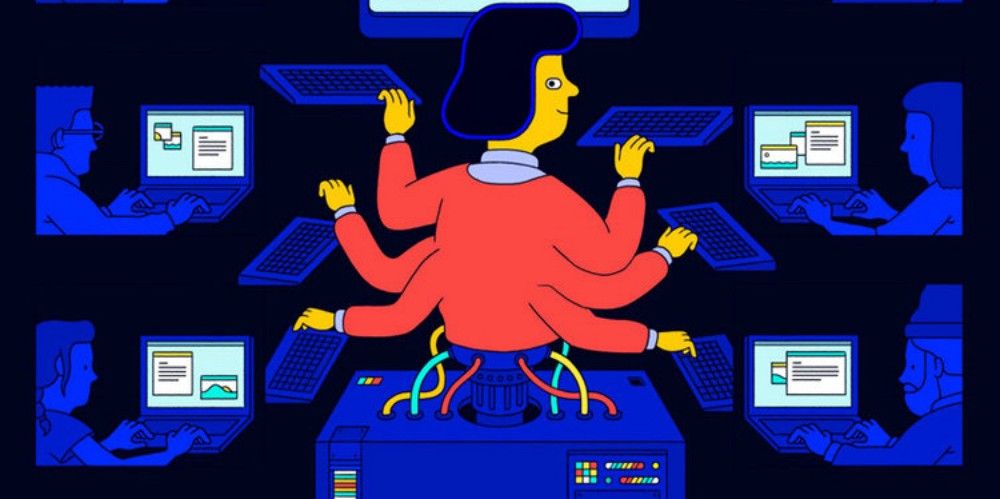On April 2, 1845, Armand Hippolyte Louis Fizeau and Jean Bernard Léon Foucault manage to make the very first photography of the Sun. Thereby, they both initiate astronomical photography.
From a previous blog post you may remember Léon Foucault’s Pendulum.[4] The instrument was used to proof Earth’s rotation in the 1850s and counts to one of Foucault’s biggest scientific achievements. But let’s start a little bit earlier. Leon Foucault was born on September 18, 1819 as the son of a publisher in Paris. After an education received chiefly at home, he studied medicine, which he abandoned in favour of physics due to a fear of blood.
Meanwhile, astronomical photography started to establish slowly. There were not many experts in the field back then, since the very long exposures needed to capture relatively faint astronomical objects and many technological problems had to be overcome. Completely new telescopes had to be developed that were rigid enough in order to not lose the focus during exposure time. Also the telescopes had to be attached to a rotating mount that would move at a constant rate very accurately. Next to the telescope building itself, the technology of photography needed improvement as well. The daguerreotype was just introduced in 1839 and came into a very widespread use. However, for astronomical photography, the process was too slow and was only able to record very bright objects. Also, the exposure time was very limited using this method due to the wet plate collodion process.








